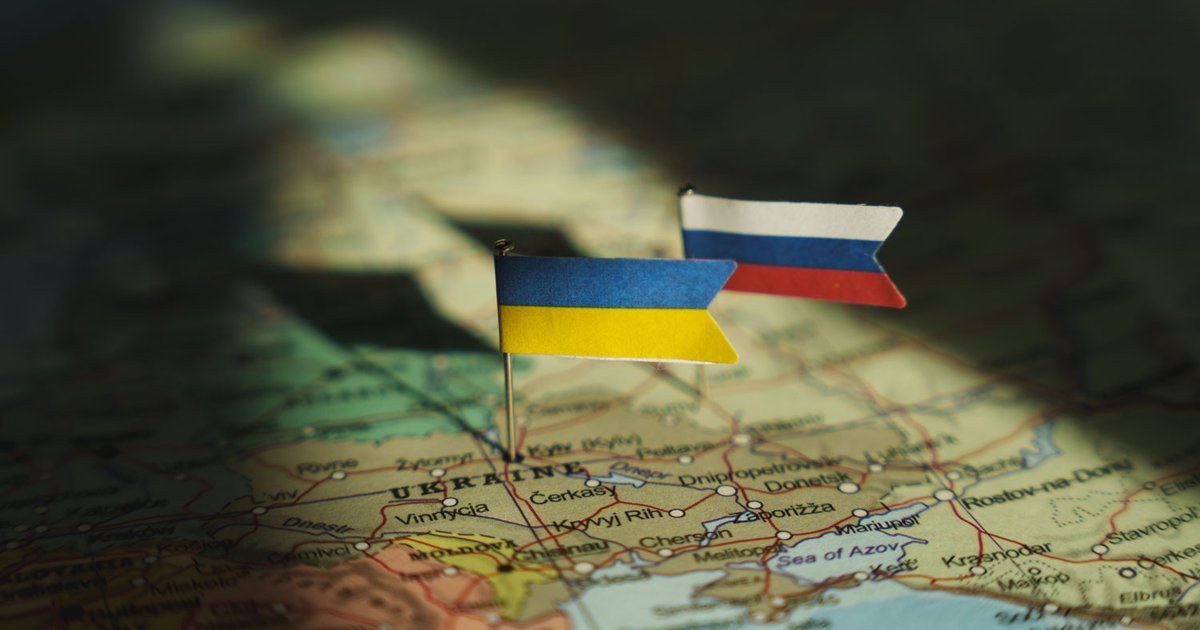Why Sanctions Won’t Break Russia’s Will in the Ukraine War
Donald Trump has declared courageously that he can end the Russia-Ukraine war in 50 days. This was an ultimatum covered with vague promises and familiar threats of economic pressure. For many in the West, especially those who still believe sanctions are the silver bullet of modern warfare, this may sound convincing. But it is a dangerous illusion. No matter how severe, economic sanctions will not force the Kremlin to back down. Because Russia is a nation forged in hardship, baptized in sacrifice, and immune to the logic of material deprivation alone.
Let’s remember some facts. In The Brothers Karamazov, where the rhythm of Russian life revolved around often serious famine descriptions, Dostoyevsky illustrates simple, even bleak, but deeply symbolic of the country’s stoic endurance. Historically, Russians have learned to live with less. Material hardship is not a novel punishment. It’s the default memory of generations.
Think back to World War I. The Russian Empire collapsed not solely because of hunger or poverty, but because of a broader collapse of morale and trust in leadership. Even then, the people endured incredible suffering before taking to the streets. And during the Soviet era, especially the brutal 1930s famine and the siege of Leningrad, millions died from starvation, but the system endured. Families shared crumbs, buried their dead in the snow, and still whispered songs of resilience.
Economic pain does not shatter Russian society. Instead, it binds it together. The sanctions that were supposed to collapse the Russian economy after the invasion of Ukraine in 2022 have caused hardship, yes, but not rebellion. The ruble has staggered, and prices have soared. Yet, the Russian state remains tightly gripped in Putin’s hands. The elites find loopholes, the oligarchs retreat to friendly shores, and the ordinary people adjust, adapt, and survive.
Dostoyevsky’s Russia is not dead. It lives in the quiet endurance of the average citizen. This is a society that has endured serfdom, famine, purges, and a Cold War that bled them dry. Today, many Russians accept that Western hostility is a part of their national destiny. Sanctions, in their eyes, are not a punishment; they are a confirmation of the West’s desire to see Russia humiliated.
Trump’s 50-day promise, whether sincere or political theater, dangerously misreads the psychology of both Putin and the Russian people. Ending the war is not about turning the screws harder on a population that already expects suffering. It’s about understanding that coercion must be paired with credible diplomacy, face-saving exits, and reimagined security structures in Eastern Europe.
Let me be clear: I am no apologist for the war against Ukraine. The war between Ukraine and Russia is a tragedy, a violation of sovereignty, and a geopolitical disaster. But believing that economic misery alone will spark a regime change or a military withdrawal is to ignore the essence of Russian historical consciousness. They have always believed that the world is out to get them, and they have always been willing to sacrifice everything to prove they cannot be broken.
The West must learn this: a starving Russian is not a surrendering Russian.
Instead of repeating the same strategy that failed in Cuba, Iraq, and Iran, the world community must think beyond sanctions. War will end when diplomacy is braver than pride: when power is used to negotiate, not punish. If Trump truly wants to end the war in 50 days, he must speak not just in threats, but in truths: this war will end through talks, not transactions.
